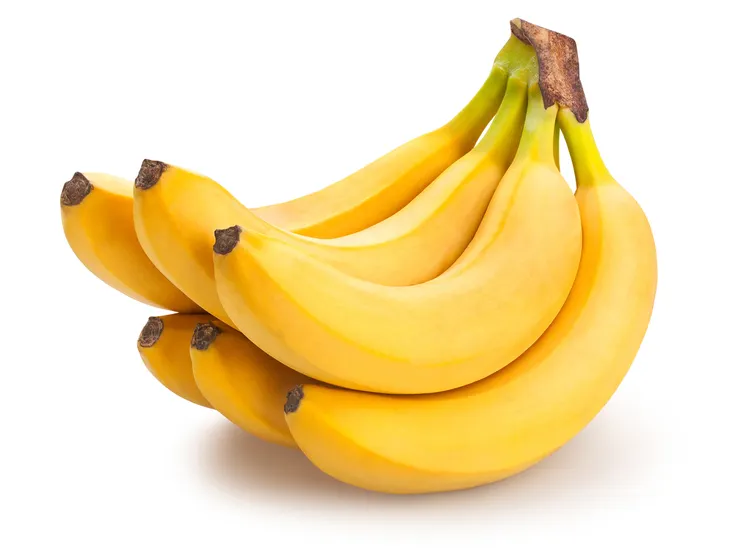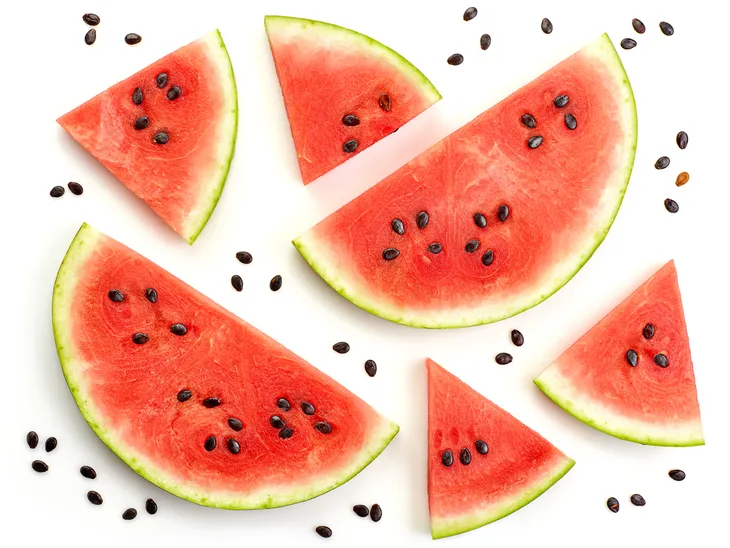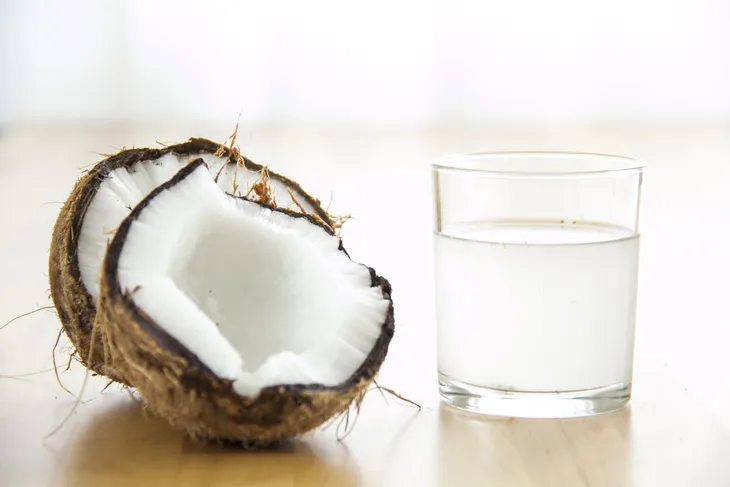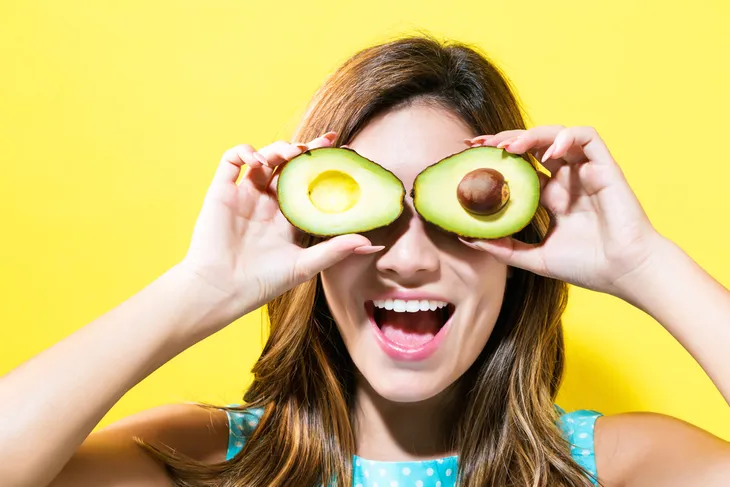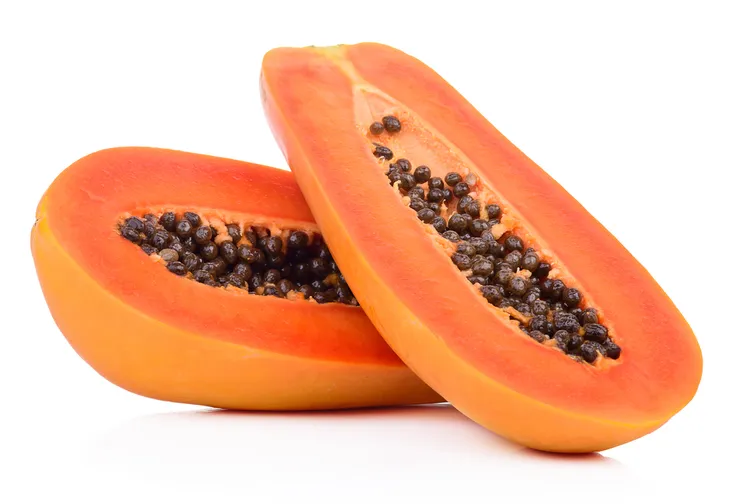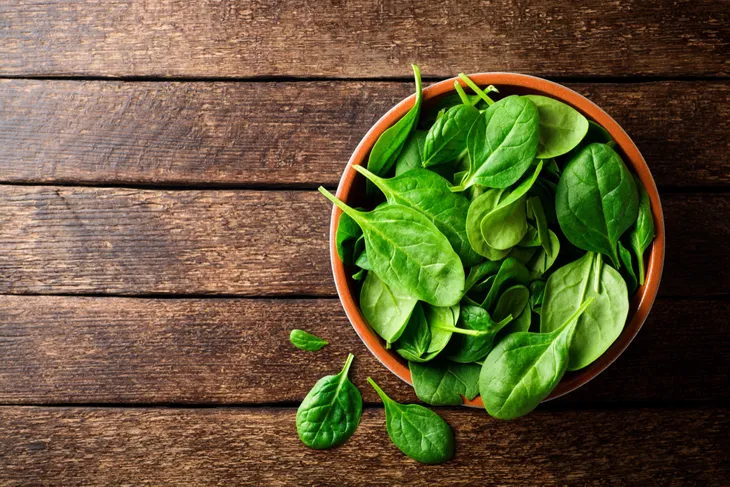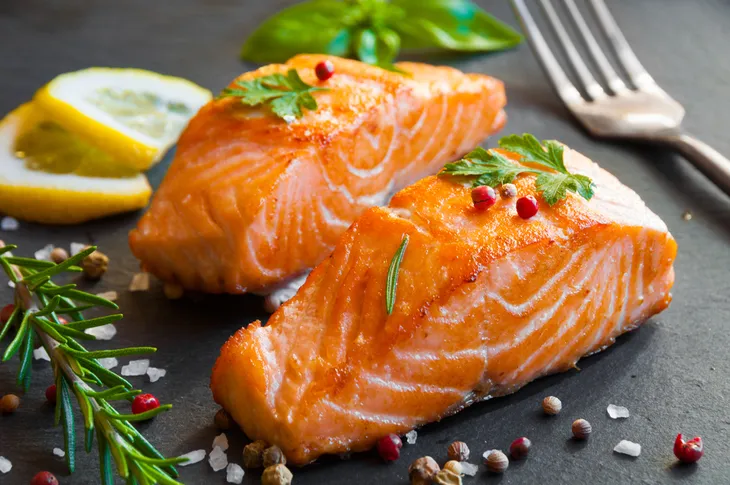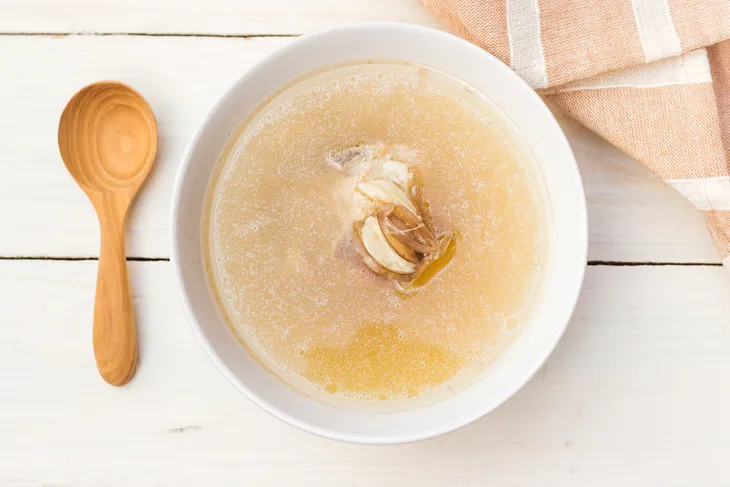Dealing with leg cramps is never a fun experience. While they are usually brief and typically only last a few seconds or minutes, they can be quite painful. Thankfully there are a variety of remedies you can try to get some relief. Better yet, some foods may even be able to help fight leg cramps!
Leg cramps happen when your muscles involuntarily tense up. Some possible causes of muscle cramps include dehydration, intense exercise, medical conditions, and electrolyte imbalances. If you do have an electrolyte imbalance, you can try consuming foods rich in nutrients like potassium, sodium, calcium, and magnesium. These nutrients are known as electrolytes and they’re found in these 10 foods that help fight leg cramps!
Sweet Potatoes
Sweet potatoes are not only delicious but they also offer plenty of vitamins, minerals, and plant compounds from their flesh and skin! More specifically for muscle cramps, they’re a great source of potassium, calcium, and magnesium.
Just 1-cup (200-grams) of mashed sweet potato offers about 20-percent of the recommended intake for potassium. You’ll also get about 13-percent of the recommended intake for magnesium.
Bananas
Just like sweet potatoes, bananas are chock full of potassium but that’s not all. They’re also a good source of magnesium and calcium which are essential nutrients to help counteract leg cramps.
It’s worth noting, eating a banana while you are experiencing a muscle cramp may not cure it, but it may help prevent them from happening in the first place. Bananas provide about 420-milligrams of potassium which is about 10-percent of the daily recommended intake for adults. Eating a banana every day is a great way to boost your potassium intake.
Melons
Melons are nature’s candy. They’re juicy, sweet, and are full of potassium and good amounts of magnesium and sodium. Additionally, they’re also chock full of water. Fruits like melons that contain a lot of water are good for leg cramps because dehydration is one of the leading causes.
Did you know watermelon is almost 92-percent water? This makes it a great hydrating snack that may be able to help prevent leg cramps!
Coconut Water
Instead of reaching for a sports drink, try drinking coconut water after a workout! This tasty beverage is a great way to replenish your electrolytes naturally.
Coconut water is a great source of many electrolytes like potassium, magnesium, calcium, sodium, and phosphorus. All of these nutrients may help decrease leg cramps.
For more ideas, check out these everyday drinks you didn’t know were packed with electrolytes!
Avocado
Avocados are known for their vibrant green and creamy flesh and make great additions to toast, eggs, salads, burgers, and so much more! These delicious fruits (yes, they’re fruit!) are also packed with essential nutrients that may help prevent leg cramps.
Avocados are specifically rich in magnesium and potassium. In fact, one avocado contains about 975-milligrams of potassium and about 55-milligrams of magnesium. It’s worth noting, avocados are high in fat and calories so you might want to keep that in mind.
Papaya
In case you need another reason to enjoy this delicious tropical fruit, papayas are another potassium-rich food! It’s also a good source of magnesium too. Both of which may help prevent leg cramps.
One 11-ounce (310-grams) serving offers about 15-percent of the daily recommended intake for potassium and about 19-percent of the recommended intake for magnesium!
Greek Yogurt
Greek yogurt is a nutritious snack full of essential electrolytes your body needs. Some of these include potassium, phosphorus, and calcium.
Further, Greek yogurt is also a great source of protein which is essential for muscle growth and tissue repair. So not only will this food help with muscle cramps, but it may even boost muscle recovery too!
Dark, Leafy Greens
It’s no secret that dark, leafy greens are good for you! But if you suffer from leg cramps, it might be time to add more of these nutritious foods into your diet.
Dark, leafy greens like kale, spinach, and broccoli are calcium and magnesium-rich. Adding these foods into your diet may help prevent those dreaded muscle cramps.
Salmon
In some cases, muscle cramps can be caused by poor blood flow. One way to help prevent that is to eat oily fish such as salmon. This is because salmon is rich in iron which is an essential mineral that promotes blood cell production, blood flow, and the oxygenation of muscle tissue.
Salmon is also a great source of protein, healthy fats, and many other nutrients that may help prevent leg cramps. Some of these include B vitamins, magnesium, phosphorus, and potassium.
Bone Broth
Bone broth is a highly nutritious stock that is gaining popularity among health-conscious people. It’s made by simmering animal bones in water for a very long time, typically over 8 hours. The result is a concentrated broth full of many nutrients.
Bone broth may help with leg cramps for a couple of reasons. First, since it’s a liquid it can help you stay hydrated. Second, bone broth is a good source of calcium, magnesium, and sodium all of which are essential nutrients for preventing muscle cramps.
Tips for Preventing Leg Cramps
In addition to adding these 10 foods into your diet, there are other remedies for leg cramps you can try to get some relief! These include:
- Stretch the muscle by straightening your leg and pull the top of your foot toward your head.
- Massage the muscle.
- Apply heat as this can help open blood vessels and alleviate some of the pain.
- Talk to your doctor to find out if you’re deficient in any essential nutrients or minerals that may lead to leg cramps.


